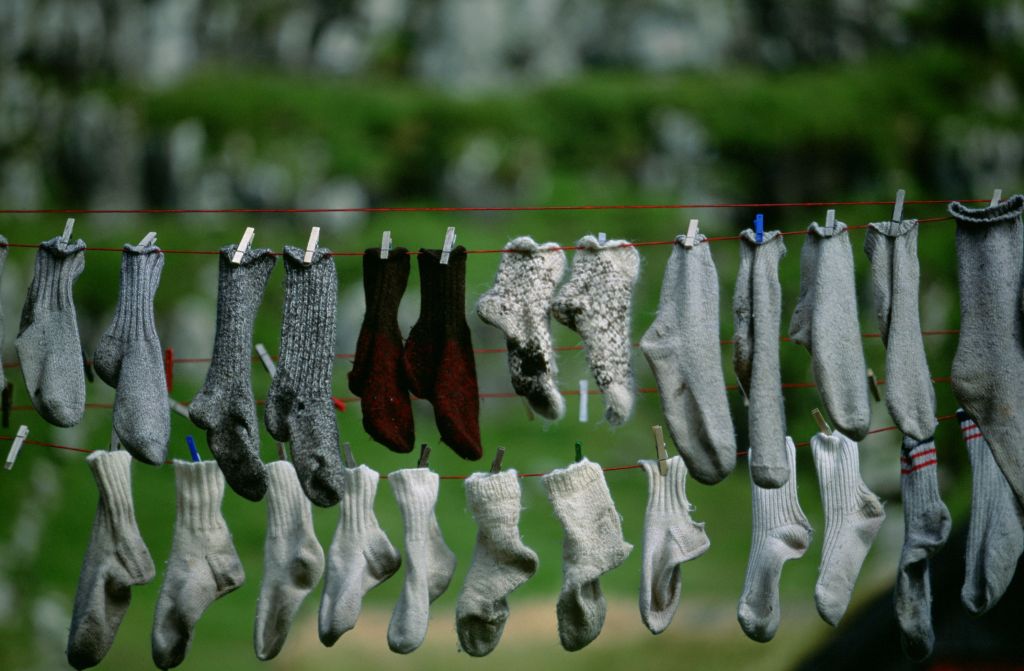Our cultural identities are complex. They form the blueprint of our experiences and expressions, but our identities can also be a cause of alienation. As a queer Nigerian-American, photographer Mikael Owunna knows this first hand.
Instead of allowing the lack of queer and trans African representation to break him, he created Limit(less), a photography project that has given a face to 34 LGBTQ+ African immigrants (and counting) from all over North America.
Now he’s created a Kickstarter to bring the project to Europe.
“To tell a really rich story across the diaspora you have to include people who are not from the U.S.,” Owunna told CASSIUS. “Coupled with other factors such as the rise of the far right, the scale of the African immigrant community being four times larger in Europe than it is in the US, and then the refugee crisis which has brought thousands of African people, some of whom are LGBTQ+.”
Owunna started the project three and a half years ago, at a point when he was looking for answers to mend what he considered a “fragmented” identity. Growing up, he always saw a disconnect in how he saw himself existing as both queer and African.
“For LGBTQ+ Africans there’s almost no representation, but the little representation there is is overwhelmingly negative,” Owunna said. “It’s about how we’re being brutalized and assaulted in our home countries. I’m very intentional about having these positive, uplifting images to kind of capture what free world looks like for black queer and trans people.”
Source: Mikael Chukwuma Owunna / Mikael Chukwuma Owunna
While he only knew two other LGBTQ+ African people when he started the project, he began posting on Tumblr and people automatically started reaching out to him.
“People were reaching out to me and we would have two hour long conversations,” Owunna said. “I saw really quickly there was a hunger from our community for these types of stories to be told.”
Limit(less) as a title encompasses the layers that exist within it.
“When I was trying to think about what the significance of the project was, it really came down to this idea that as people of so many entities, all of these labels put limits on who you are placed by white supremacy,” Owunna said. “There are limits that exist from society, but despite that, we are limitless individuals.”
When it comes to the individual communities that he portrays, Owunna hopes both the LGBTQ+ and non-LGBTQ+ African communities learn something about each other from the project.
“I would like for the LGBTQ+ community to understand that the reason why there’s so much homophobia and transphobia in Africa is because of colonization,” he said. “In terms of straight, cis het African people, I hope they open their eyes to see that Africanness is not just this monolith. There are LGBTQ+ Africans amongst us and there always have been.”
One particular piece of history that Owunna likes to point to when referencing queerness in Africa is that of Nzinga of Ndongo, ruler of modern day Angola in the 1600s. She lead a 40-year guerrilla war against Portuguese rule and domination. As Ngola (a title meaning “king”), she ruled in all male clothing and had a harem of young men who dressed as women and served as her wives.
“In 1600s Angola, you had a butch queen with a bunch of drag queens for wives,” Owunna said. “This was traditional African society prior to colonization. African communities were at the forefront of understanding in terms of gender and sexuality. The history is there, it’s just about reclaiming that history for ourselves.”
Check out more of Owunna’s stunning photos below.
















